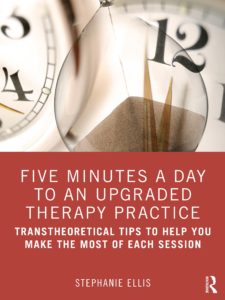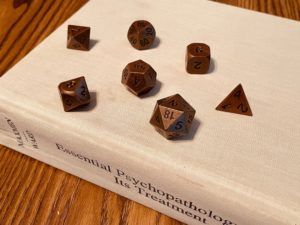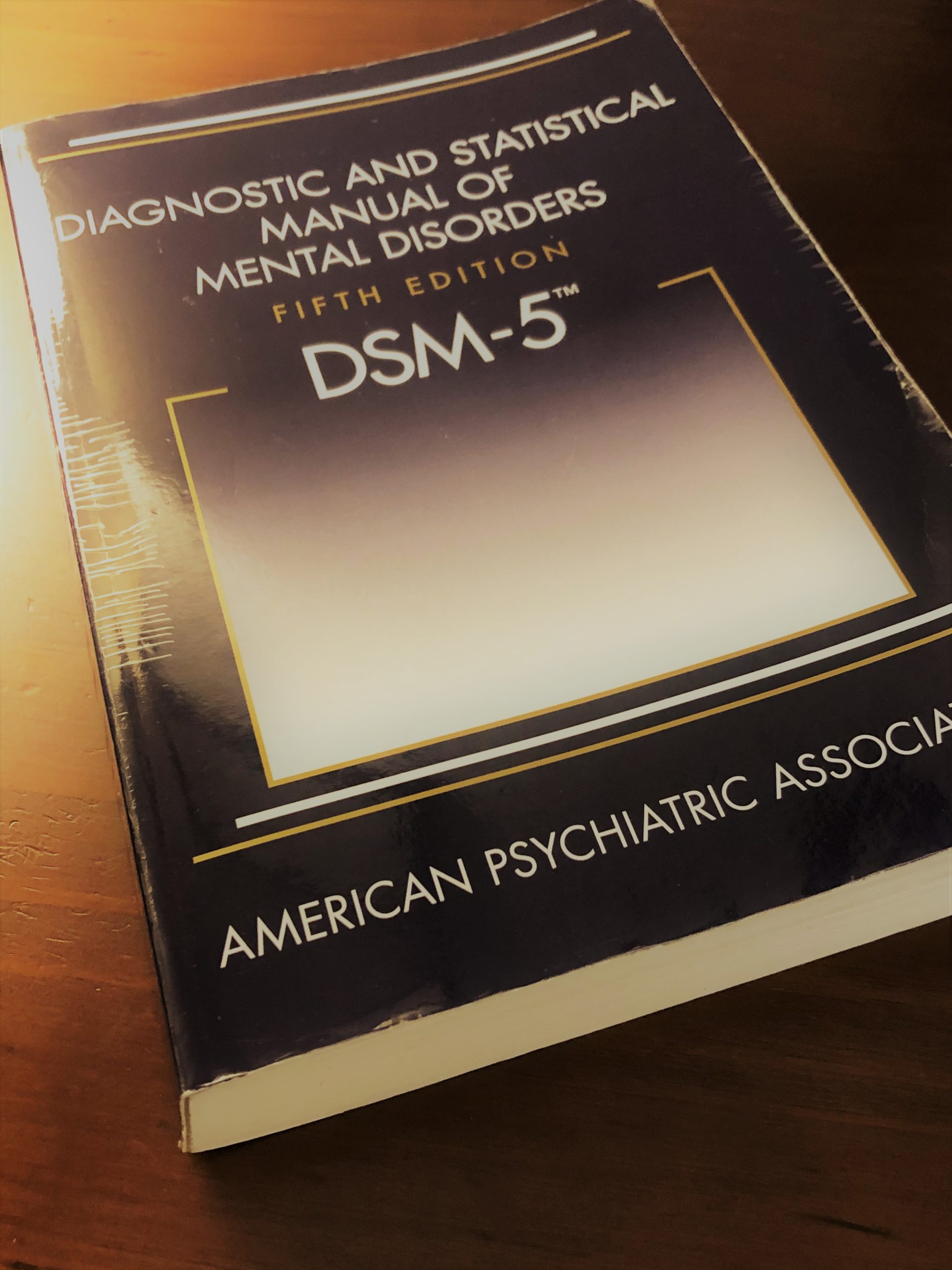
Misophonia
Misophonia, or “hatred of sound,” is characterized by selective sensitivity to specific sounds accompanied by emotional distress, and even anger, as well as behavioral responses such as avoidance.
Or, as my 8 year old says, “Just thinking about the noise makes me die! Not literally. Metaphorically.” (Because yes, we do have ‘speaking accurately’ as a family value. What can I say? I’m a psychologist and a super-nerd.) Note, she says this while holding her ears and writhing. She follows up, “It’s like the sound goes inside my ears and then it gets in my body and makes all my muscles squeeze.” She squeals, like she’s something between angry and afraid.
Yes, my darling. I hear you. For me, it’s like the sound goes inside my ears and then scrapes down all my nerves through my spinal cord. My teeth clench and my eyes close and my neck twists and my hip flexors tighten involuntarily. My autonomic system starts kicking in, but my brain has trouble turning that into a well-labeled emotional experience – something like completely irrational, slightly panicky anger disgust that’s not quite anger because I can’t quite get the cognitions to line up right.
For my daughter, it’s the sound of rubbing the seatbelt fabric. For me, the sound of a pencil writing on paper. For my husband, the sound of a rubber ball bouncing.
If you’ve experienced this, you probably know it by now. But you can read more about misophonia here. Though it’s experienced by tons of people, it’s pretty new in terms of research and diagnostics. There is some cool brain data about the experience. It’s difficult to categorize, but if it’s significantly impairing a client’s ability to perform their basic life roles, it could probably be diagnosed at this point as Other Specified Obsessive and Compulsive Related Disorder. Though, I imagine in a decade or so, we’ll have a whole section about sensory issues and it’ll fit better there.
Treatment is up in the air at the moment, though physicians, audiologists, and mental health folks are working on it. In our world, definitely there’s a place for distress tolerance work and maybe exposure & response prevention. But the place I’ve done the most clinical work on misophonia is couple’s therapy, believe it or not! Oh yes, most people can tolerate the discomfort on their own, but when it’s their partner making the sound, it takes on a whole new life!
This is an experience that needs to be handled gently and cooperatively. (I mean, like we want everything handled in couples’ therapy, honestly!) The person who does not understand this probably needs to hear some of the science from us and be assured that their partner is not just making up their distress. The distressed partner probably needs to work on their distress tolerance and be sure they aren’t using their distress as a weapon. I will say that I have found that asking for a small behavior change when it’s possible is often easier, and that couples rarely want this to be the main issue. So, if the one partner could just not chew gum, that’d be great. Or throw away all the pencils with no eraser left – they’re just pencils! Consider ways to handle this issue as quickly and pragmatically as possible. Also, use it as an opportunity to talk about legitimate partner differences in experience!





